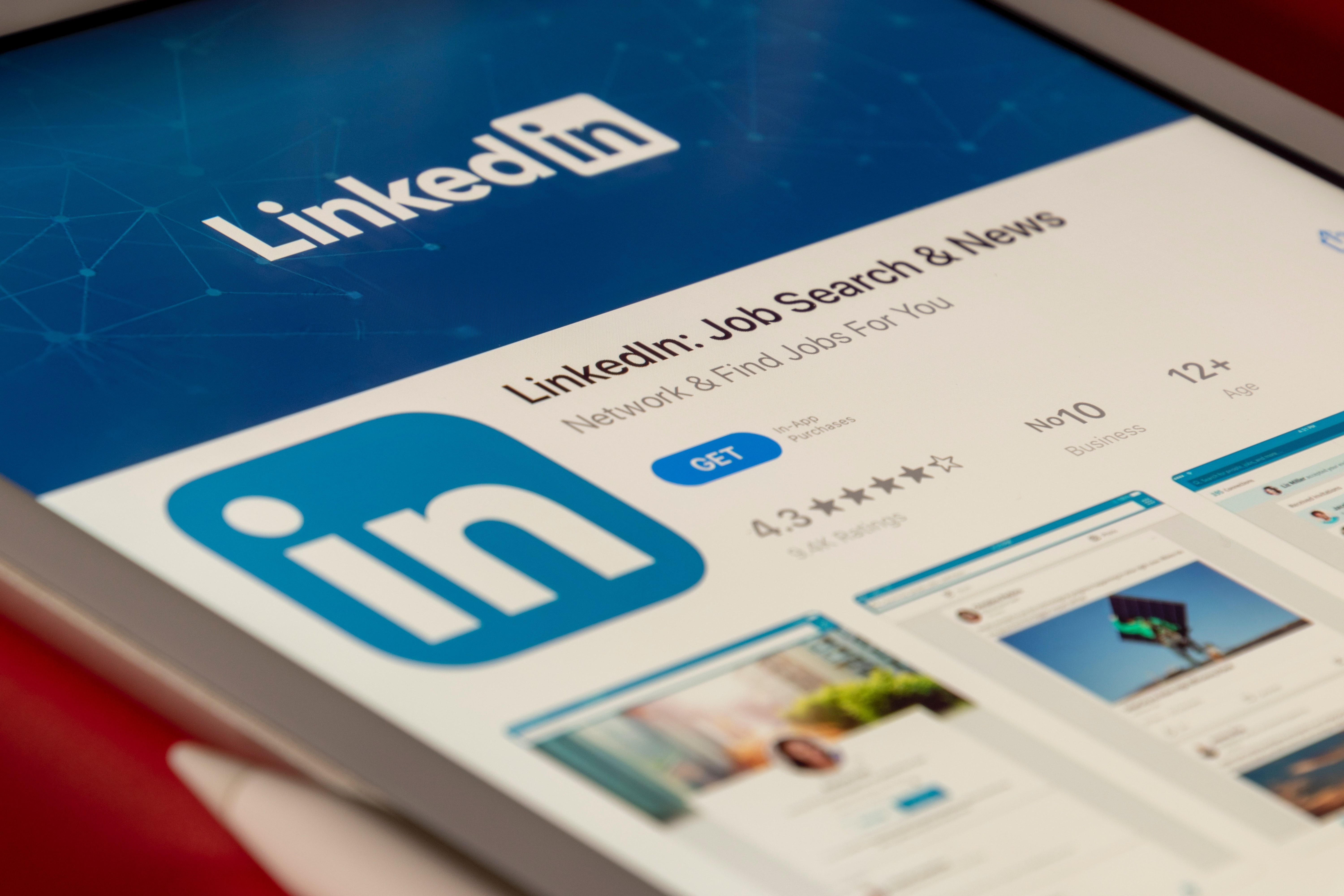Internet access is continuously growing across the world. Thanks to this, it’s never been easier to monetize your skills and interests without needing to apply for a full-time job.
But with an increasing number of people working for themselves, a whole range of myths about freelancing have also popped up.
Before becoming a freelancer, it’s worth reading up on common misconceptions and separating facts from fiction. In this article, we’ll reveal six freelancing myths you should ignore.
1. Freelancing Is Less Secure Than a 9-5 Job
Arguably the most common myth about freelancing is that it’s riskier than a “stable” job. This argument has some logic; a 9-5 will give you a regular paycheck and benefits. However, one could argue that having a full-time job carries a more considerable risk than freelancing.
When you have a single employer, you’re relying on one company for all of your income. If you don’t have money coming in from elsewhere and your savings are low, you could find yourself in a precarious financial situation if your employer decides to fire you.
Freelancing is less secure in the way that you’re not guaranteed a paycheck. However, you could argue that it’s more secure for several reasons:
- You’ll divide your income, meaning it’s less of a strain if one client doesn’t want to work with you anymore.
- As a freelancer, you’ll quickly learn to manage your finances better and live below your means.
- You decide how much or little you work, meaning you have greater control over your income.
2. You Can’t Earn Good Money as a Freelancer
When you tell people that you’re a freelancer, don’t be surprised if some of them give you a look of confusion or concern. Another common myth is that freelancers can’t earn good money and that you’re always going to be a starving artist.
In the beginning, you’ll need to bootstrap yourself. But if you play your cards right, freelancing can be a very lucrative way to make a living. As you gain more experience and grow your network, more people will come to you with work. On top of that, you’ll also become more comfortable with negotiating.
Besides doing work for clients, freelancing also encourages you to consider additional ways to make money. For example, you can create an online course and sell it.
3. Freelancing Involves Waking Up Late and Working in Your Pyjamas
While some people believe that all freelancers are scraping the bottom of the barrel, others think that everything is sunshine and rainbows. You get to create your schedule, so why would you bother getting dressed and waking up at a reasonable time every day?
For some people, working in their loungewear and waking up at 11 am works. But for many, it doesn’t. Having a consistent daily schedule is crucial for maximizing your success, and as you’ll quickly learn, time is your most vital asset.
When you leap into freelancing, it’s worth trying different time management techniques. Calendar blocking works for some, and the Pomodoro technique is more beneficial for others. It’s also worth using software that helps you organize yourself, such as Todoist and RescueTime.
4. Freelancing Means That You’ll Always Do What You Love
Freelancing isn’t a golden ticket to work on something you love overnight. Unless you’ve already got significant experience in a field you’re passionate about, the first year or so will probably involve taking on anything and everything to keep the lights on.
Being a freelancer is about more than sitting at your computer and doing the work that clients ask. You need to build a network and run a business—because whether you like it or not, you’re a business owner.
Many of the jobs you first find will either come from your existing network or by searching through job boards, such as LinkedIn Jobs and ProBlogger. You might stumble into your passion, but it’s also likely that you’ll have a few horrible clients, to begin with.
Once you’ve got a little experience, money, and momentum under your belt, you can start working towards doing what you love. However, the process is a lengthy one.
5. Freelancing Means That You Don’t Have a Boss
In some ways, freelancing means being your own boss. After all, you can set your hours and choose how much you’d like to work. But to think that it means you don’t have a boss is misguided.
If anything, being a freelancer means that you have more bosses than you ever would have had in your full-time job. Every client has different demands, and some will be more hands-on than others.
Later, you might decide that you no longer want to freelance and would like to coach or sell products. But even then, your customers will still dictate much of what you do and don’t do. The easiest way to balance this is to make sure you spend time on side-projects and hobbies where you can be selfish.
6. Freelancers Should Be Active on Social Media
Many gurus and entrepreneurs talk about social media these days, and many of them argue that you must use these platforms to be successful. If you don’t have a Twitter account or post frequently on LinkedIn, how will your desired clients find you?
Don’t get us wrong—social media can be a fantastic tool to help grow your business and showcase your personality. However, you don’t need to have an account. It’s also important to remember that these platforms can serve as distractions, which will hurt your income and productivity.
If you don’t want to use social media, you can grow your presence in several other ways. These include:
- Creating your own podcasts and blog posts.
- Guest appearances on other people’s blogs and podcasts.
- Sending emails to people you’d like to work with.
If you choose to use social media but are worried about it taking up your time, consider using tools like Hootsuite and Buffer to schedule posts and other tasks.
Don’t Get Caught Up in These Freelancing Myths
When you’re an established freelancer, you’ll enjoy the flexibility and fulfillment that your full-time job might never have provided. Over time, you might also find that your income increases beyond anything you ever could have imagined.
However, it’s important to remember that a lot of myths exist surrounding freelancing. And in some cases, what works for others won’t necessarily serve you well. Much of your journey will involve experimentation, so it’s worth trying things and judging for yourself instead of listening to others.

.jpg)


